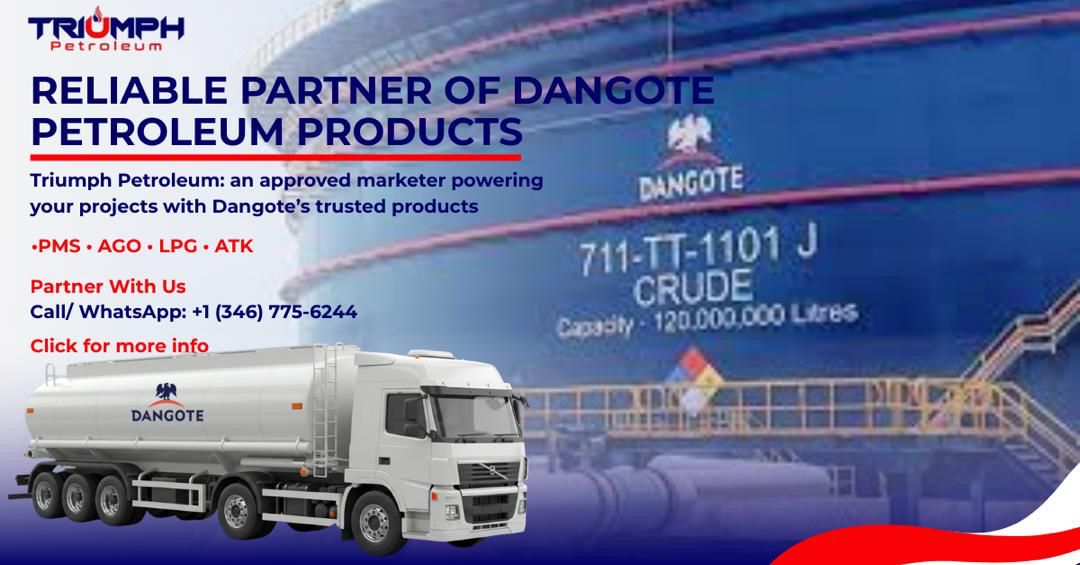President Bola Ahmed Tinubu marked Nigeria’s 65th Independence Day with a broadcast that projected confidence in his reforms. He cited higher crude oil output, subsidy removal, and foreign exchange unification as proof that the country is “on the path of renewal.” He urged citizens to endure short-term pain for long-term gain.
But fresh disruptions in the energy sector paint a different picture. Nigeria now faces a looming LPG supply crunch and worsening petrol scarcity in Abuja, crises that expose the risks of overdependence on a single refinery and fragile labour relations.
From Oloibiri to Dangote: Dependency Reinvented
Oil has defined Nigeria’s economy since Shell’s discovery in Oloibiri in 1956. By the 1970s, crude revenues drove growth but sidelined agriculture, fueled corruption, and deepened instability. The creation of NNPC in 1977 aimed to centralize control but became a symbol of inefficiency.
Reform efforts from the 1980s Structural Adjustment Programme to the 2021 Petroleum Industry Act failed to end reliance on imports. The 650,000-bpd Dangote Refinery, commissioned in 2023, was hailed as a game-changer. Two years later, its dominance has created new risks.
LPG Crunch: Monopoly and Uncertainty
Before Dangote entered the market, Nigeria’s LPG came mainly from NLNG and imports. That changed in January 2025 when Dangote slashed prices, undercutting rivals and becoming the near-sole supplier within months.
For eight months, households and businesses relied on Dangote. Then the supply suddenly stopped, with no explanation. Previous suppliers hesitate to return, fearing they will be forced out again once Dangote resumes.
Importers could step in, but new cargoes would take two to three weeks to arrive. Prices are already volatile, underscoring how market concentration has left the sector exposed. Analysts warn that petrol could face the same risks if dependence on Dangote continues.
Petrol Scarcity in Abuja: Feud Bites Hard
The Federal Capital Territory now reels under petrol scarcity tied to the refinery’s labour crisis. PENGASSAN cut gas supply to Dangote Refinery on Sunday over the dismissal of more than 800 workers. By Tuesday, most filling stations in Abuja were shut, while black marketers openly sold fuel near outlets like Conoil opposite NNPCL headquarters.
IPMAN President Alhaji Abubakar Maigandi blamed the scarcity on Dangote’s halted supply, adding that private depots have pushed petrol prices to ₦980 per litre in Lagos. NOGASA echoed him, insisting the refinery–union standoff is the only cause. Both groups urged urgent government intervention.
Mediation and Market Risks
The federal government has since brokered talks that temporarily eased tensions between Dangote and PENGASSAN. Yet the episode showed how a single dispute can paralyze the national fuel supply. Earlier in September, a PENGASSAN strike had already disrupted nationwide distribution, proving how fragile the system is.
Dangote’s dominance may have reduced imports, but monopolistic control now threatens stability. Without competition and stronger regulation, a refinery shutdown or labour crisis could ripple across the economy.
Hope vs. Vulnerability
At 65, Nigeria’s oil story is one of triumph and turbulence. Tinubu’s reforms aim to steady the economy, but the LPG crunch and Abuja petrol scarcity highlight unresolved vulnerabilities.
Energy independence cannot rest on one refinery. True security demands competition, diversification, and robust oversight. Without them, Nigeria risks replacing one form of dependency with another — and a single disruption could again bring an oil-rich nation to a standstill.











